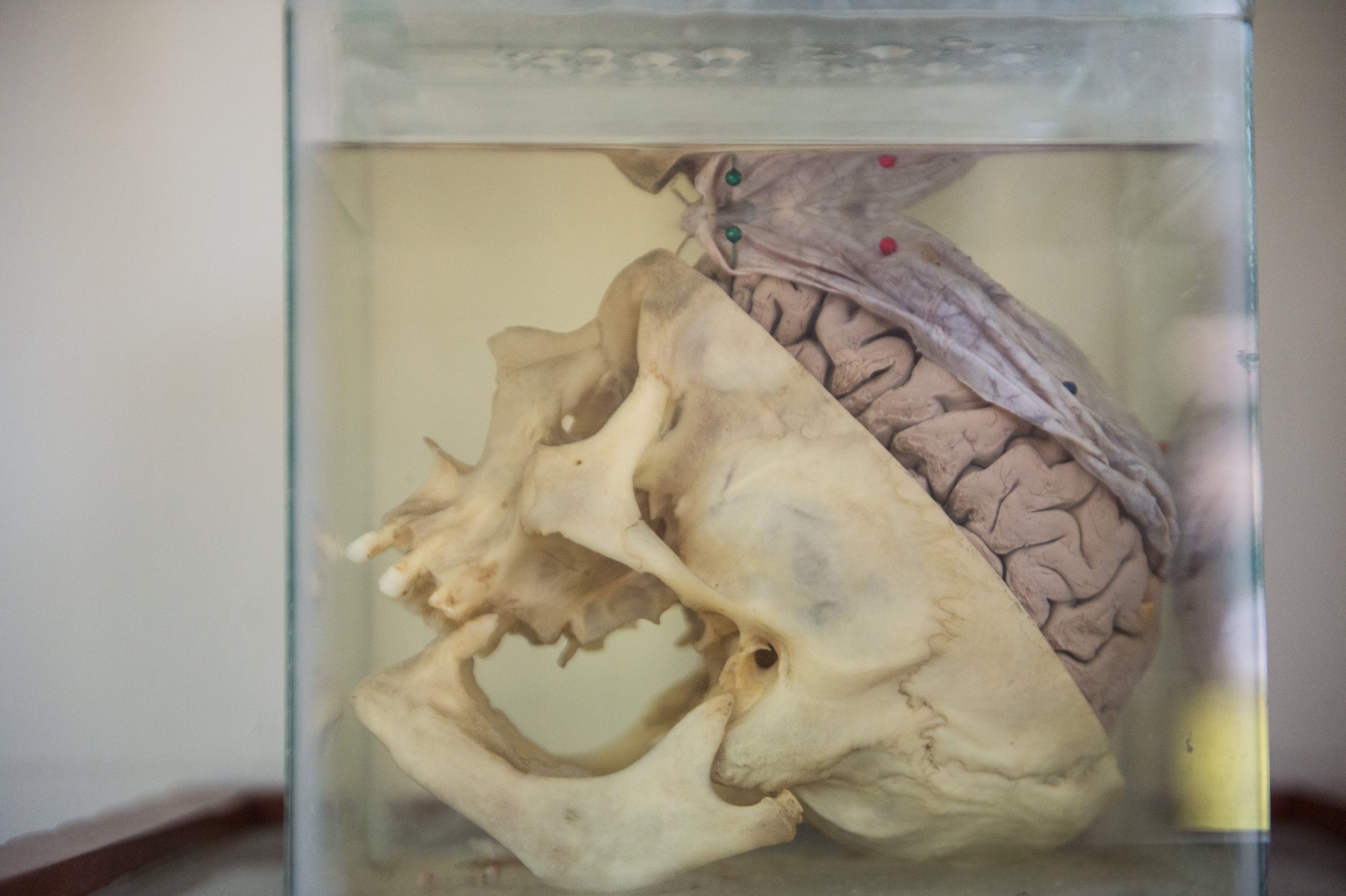
Aging gracefully—and slowly—sounds nice. But new research reveals that brain cells experience a sudden and serious increase in aging in midlife. And scientists might know why: a gene called interleukin-33 (IL33), already suspected as crucial to the aging process, might be key. The study, which is in mice, raises speculations about reversing the effects of aging, even temporarily, by targeting that underlying gene.
The aging that happens in the brain is not the same as aging in other parts of the body. In the brain, aging is not a matter of reduced strength but instead is tied to which genes are "turned on" and "turned off," Live Science reported. The new study, published in Translational Psychiatry, studied the brains of mice with and without IL33 in their DNA in order to observe its affects on the aging rodent brain.
Related: The new offensive on Alzheimer's disease: Stop it before it starts
Prior work has lit the way toward IL33. Past research suggests that the gene may be involved in brain cell aging because it is expressed in the majority of aging brain cells. In addition, research demonstrated that IL33 injections have the ability to reduce brain plaque in rodents, a significant precursor of Alzheimer's disease. But until now, exactly how this gene expression accomplished these feats remained unclear.
The new study found that mice experience a sudden increase in brain cell death during their middle age—about 60 to 80 weeks of age, which is equivalent to around 40 years old in human lifespan. Around this age mice also experience an increased expression of the IL33 gene.
To better understand IL33 and what role the gene plays in brain cell aging, the team, from universities in Texas and Brazil, bred mice without this gene and compared them to mice with the gene still intact in their DNA. As the mice reached middle age, the mice with IL33 responded as expected, with a sudden expression of IL33 in their brain cells. As a result, these mice made repairs to their neurons and their brains remained healthy. The mice without IL33, however, never recovered from their sudden increase in cell aging at middle age. As a result, they eventually went on to develop dementia at an age equivalent to around 68 for humans.
These findings finally tie together past research into the role of IL33 in brain aging. Although the relevance of this new work to humans is unclear, this path of inquiry could offer insight into how the gene could be used in the future to help enhance the brain's own ability to fight off aging.
Based on these findings, the team hopes to pursue IL33 further. They theorize that finding a way to enhance the body's own supply of this important gene could help offer even more protection to brain cells and may be an effective method of disease prevention.
Uncommon Knowledge
Newsweek is committed to challenging conventional wisdom and finding connections in the search for common ground.
Newsweek is committed to challenging conventional wisdom and finding connections in the search for common ground.





